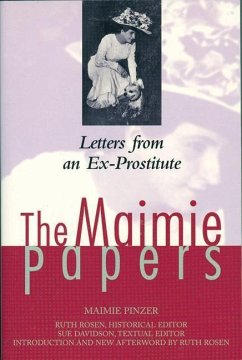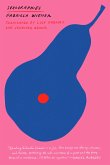Until she was thirteen, Maimie Pinzer's life was not very different from that of other Jewish girls growing up in Philadelphia at the beginning of the century. Then, with the brutal murder of her father, growing conflict with her mother, and her subsequent arrest for running away from home, her life was drastically altered. She spent the next few years in prisons, reformatories, and hospitals eventually becoming a prostitute and morphine addict. In 1910, while recovering from drug addiction, Maimie began a correspondence with a distinguished Bostonian, Fanny Quincy Howe. Her struggles to survive had brought Maimie into contact with a variety of people whose miseries and hopes she depicted with a writer's gift. Maimie's gripping letters offer an unprecedented autobiographical account of the life of a poor working woman in the first quarter of this century. With the intervention of a kind social worker and the support of Fanny Howe, Maimie was able to leave prostitution and learn secretarial skills. She worked to become "respectable" and eventually used her small earnings to aid other young women like herself. And - as Ruth Rosen's new afterword reveals - her later life seems to have contained both the security she sought and a touch of glamor.
Bitte wählen Sie Ihr Anliegen aus.
Rechnungen
Retourenschein anfordern
Bestellstatus
Storno


